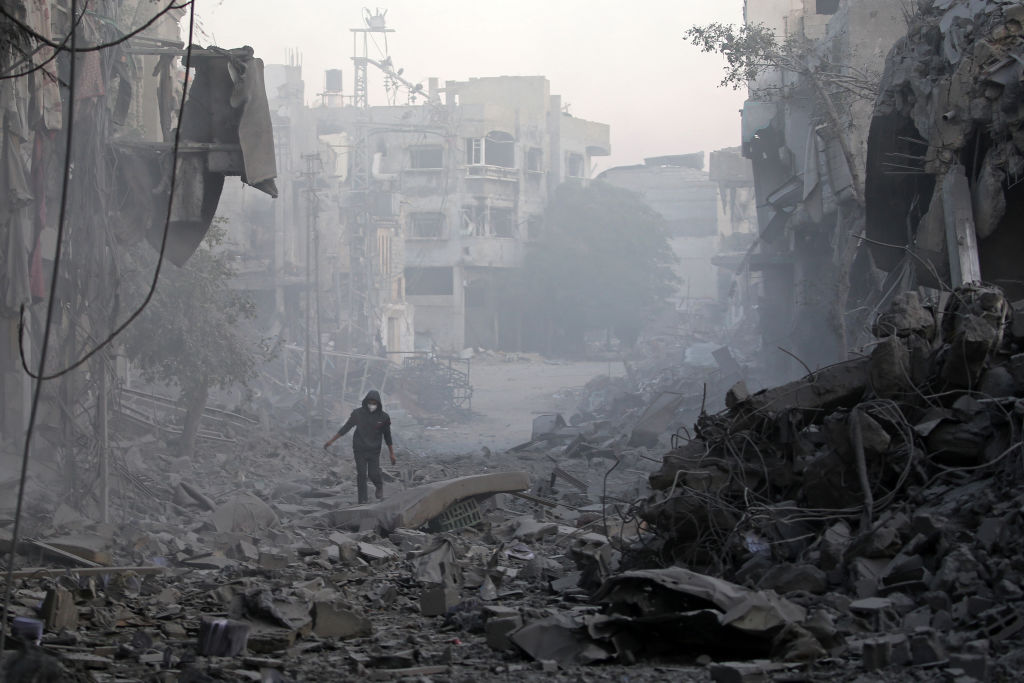With a cease-fire deal in Gaza now formally approved by both sides, it’s tempting to give in to a sense of euphoria after so much heartless brutality since October 7, 2023. But we should maintain a sense of sobriety. According to Reuters, “The deal outlines a six-week initial ceasefire phase and includes the gradual withdrawal of Israeli forces from Gaza and release of hostages held by Hamas in exchange for Palestinian detainees held by Israel.”
But with the brutal blockade of Gaza still in place, it will not bring an end to the genocide. The blockade in itself constitutes an act of genocide, to cite former ICC chief prosecutor Luis Moreno Ocampo. According to international law, imposing a blockade is an act of war. That means no cease-fire can hold without lifting the suffocating siege and ending Israel’s yearslong blockade of Gaza, which is both inhumane and unlawful. The United Nations still considers Israel an occupying power in Gaza, because Israel still controls Gaza by land, air, and sea.
In fact, the deal itself allows Israel to solidify its military occupation of Gaza, thus catering to Israel’s insistence that it should maintain a permanent military presence in Gaza. That includes a vital strip of land along Gaza’s border with Egypt, along with the Netzarim Corridor, an occupation zone built by Israel to divide Gaza into a northern and southern region, coupled with Israel’s military control over an expanded “buffer zone,” which is built on the ruins of demolished Palestinian homes and displaced families along Gaza’s eastern and northern borders with Israel and cuts deep into Gaza’s small territory, thus rendering Gaza an ever-shrinking ghetto swollen with refugees.
As CNN reported, citing Palestinian officials, “Under the latest proposals, Israeli forces would maintain a presence along the Philadelphi Corridor — a narrow strip of land along the Egypt-Gaza border — during the first phase of the…
Auteur: Seraj Assi

